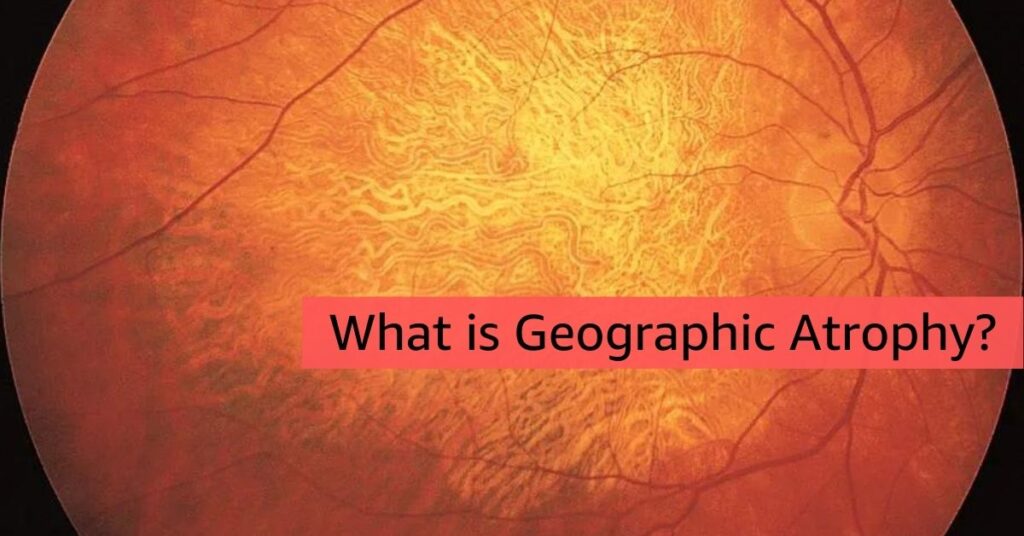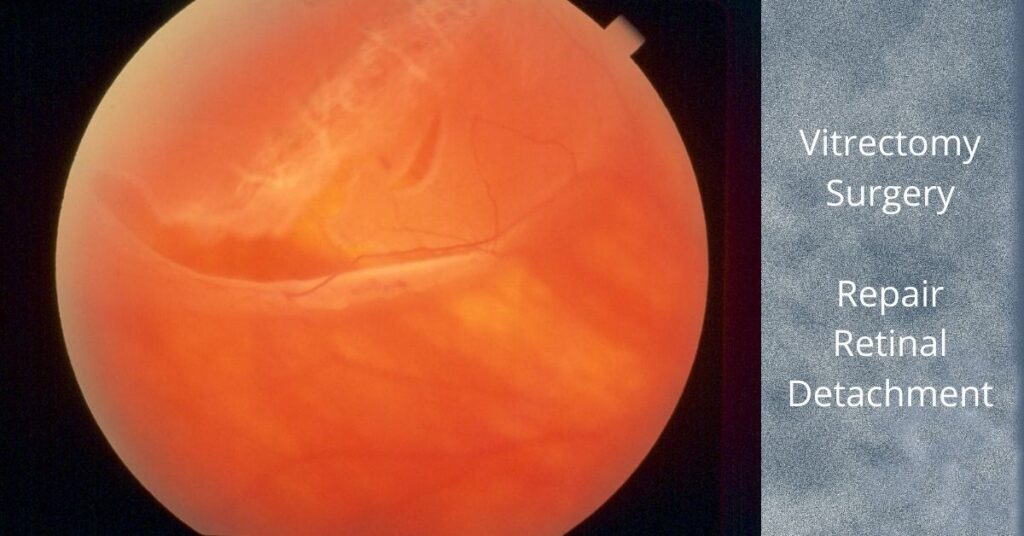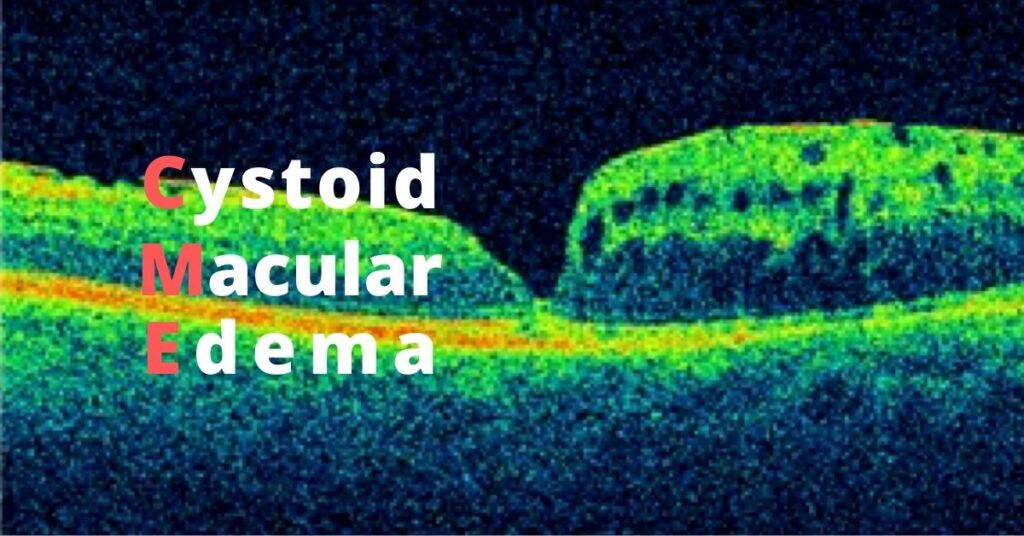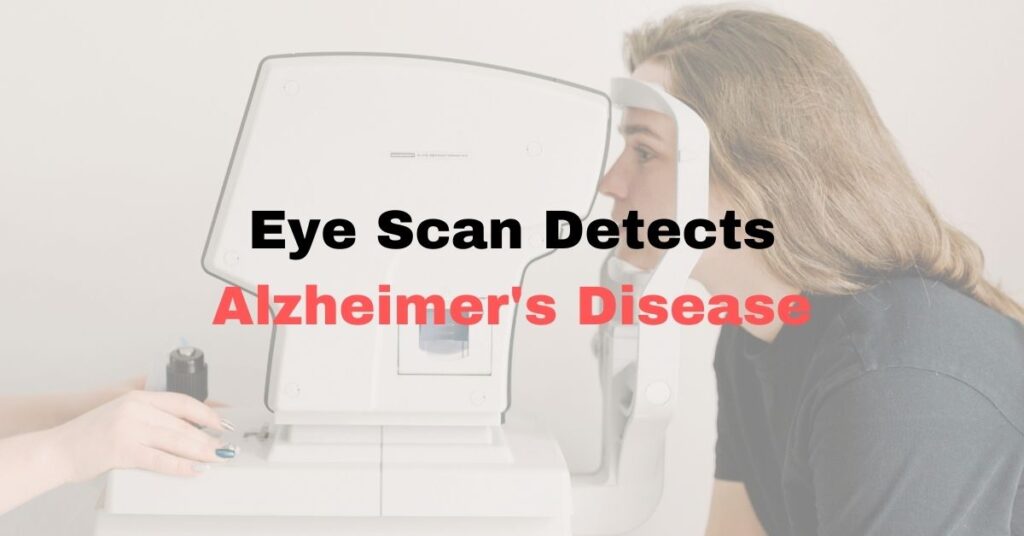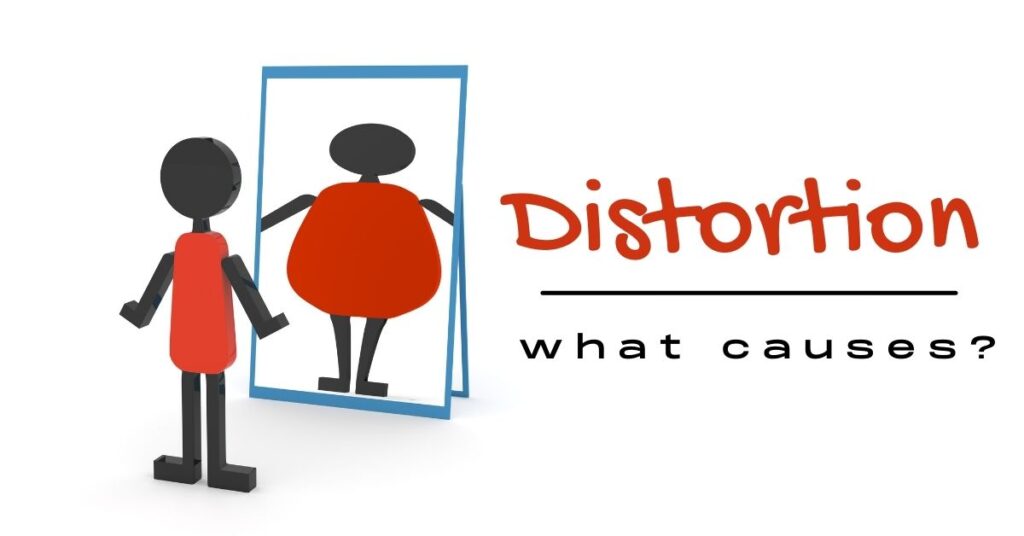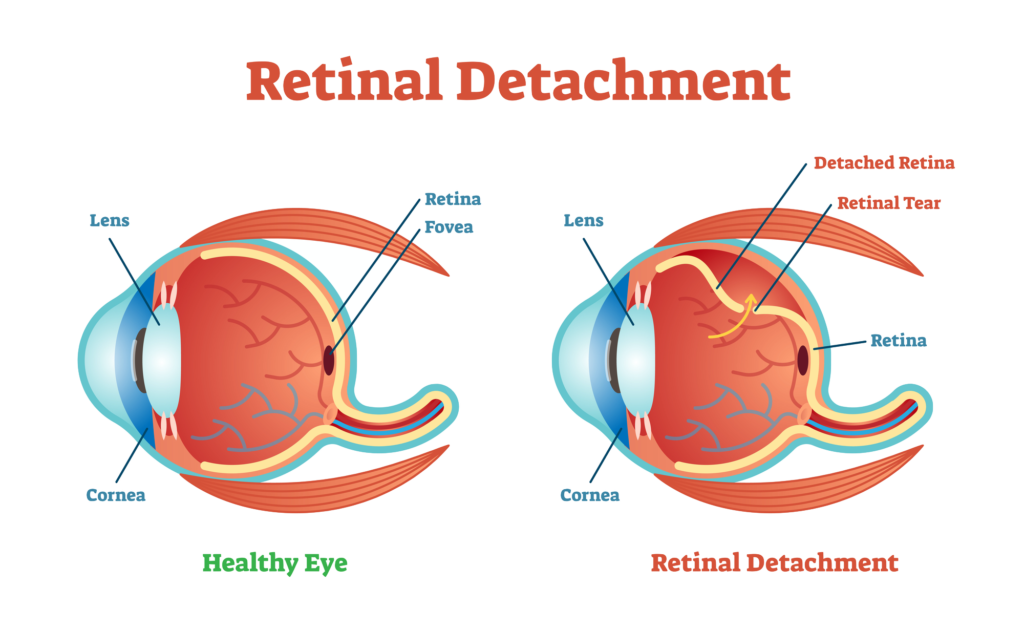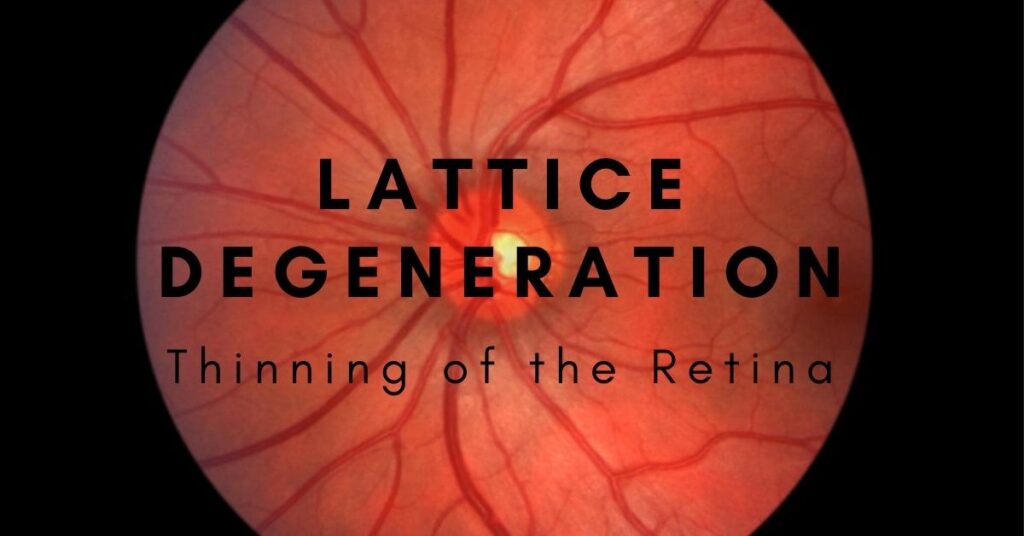Retina Diseases
What is Geographic Atrophy?
Geographic atrophy is an advanced form of macular degeneration. Unlike wet ARMD, there are no signs of choroidal neovascularization and anti-VEGF injections or laser are not helpful. Age-related geographic atrophy can cause slowly progressive, but severe visual loss. This geographic atrophy affects the retina, the part of the eye that sends visual information to the…
Read MoreVitrectomy for Retinal Detachment
Vitrectomy is not brand new but is a popular way to repair a retinal detachment.
Read MoreCystoid Macular Edema
Cystoid macular edema, a particular type of retinal swelling, can be caused by a variety of conditions to include cataract surgery.
Read MoreOCT Eye Scan Detects Alzheimer’s
Alzheimer’s disease is usually diagnosed when someone begins showing signs of memory loss. But the damage to the brain from Alzheimer’s disease starts a decade or more before the onset of symptoms. Researchers are working on a method, using optical coherence tomography (OCT), that is already routinely used by many eye doctors and retina specialists.…
Read MoreDistorted Vision
Distorted vision (aka metamorphopsia) makes straight lines appear wavy and objects to appear bent or misshapen. There are many possible causes, such as eye diseases, injury to the eye, eye infection, or inflammation. The underlying causes are usually abnormal vessels that are leaking under the retina, damage to the macula, swelling or any abnormal collection…
Read MoreDiabetes Awareness: Managing Type 2
November is diabetes awareness month. Diabetes is a serious condition that, if not properly controlled, can damage your eyes (diabetic retinopathy), your kidneys, your nerves, and lead to problems with the blood flow in your body. But, these diabetes complications don’t have to happen. You can do a lot to prevent them. The best thing…
Read MoreGas Bubble for Retina Surgery
Ever wonder why
Read MoreYour Retina Surgery | What to Expect
Here’s what you can expect if you need retina surgery.
Read MoreSurgery for Retinal Detachment
Retinal detachments are potentially blinding and require various types of retinal detachment surgery. Retina specialists are specifically trained to repair retinal detachments. Retinal detachment is a medical emergency. If you have symptoms of a detached retina, go to the ER or your eye doctor immediately. The retina lines the inside of the eye and converts…
Read MoreWhat is Lattice Degeneration?
This common thinning of the retina can increase your chances of retinal detachment. Learn why.
Read More
